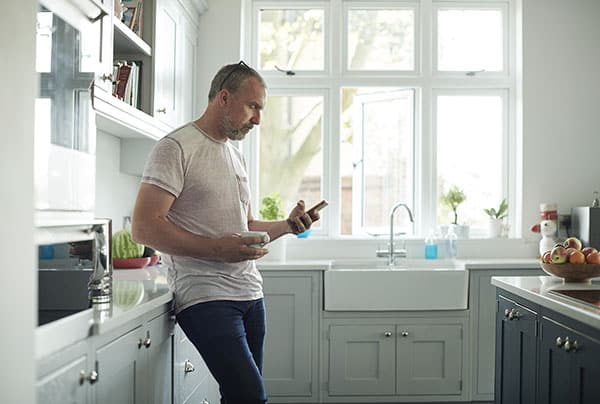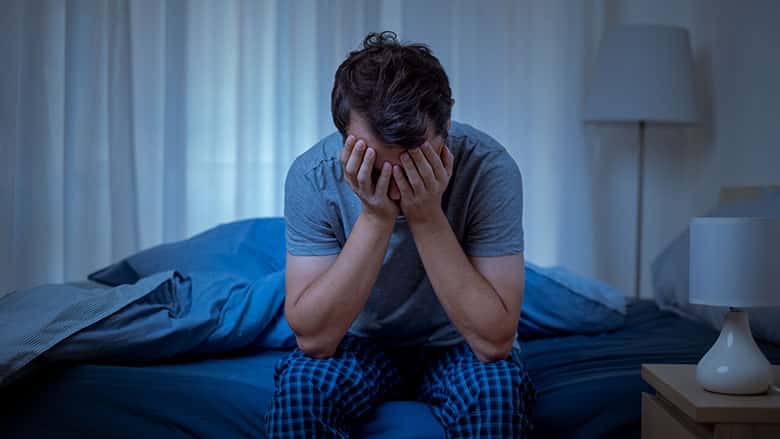By Stephanie DeRouin, APRN
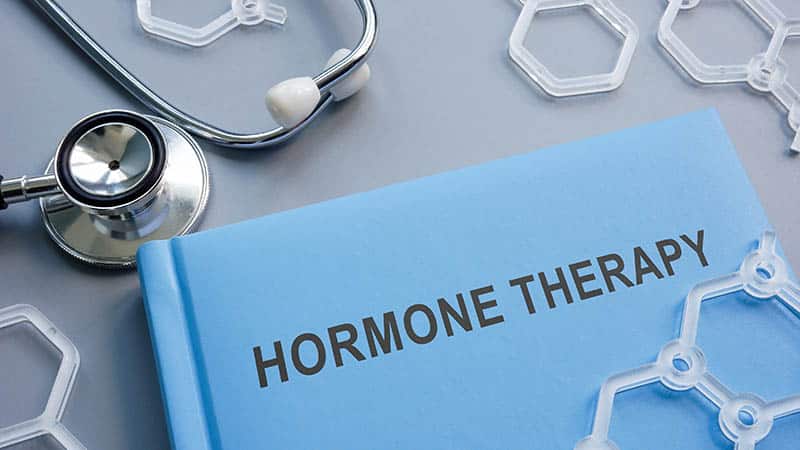
Hormonal and metabolic changes are a natural part of aging but, unfortunately, not a positive change. Scientists have clearly documented the adverse effects of hormonal and metabolic decline as the primary contributors to the chronic diseases that impact our heart, brain, and bone health as we age. 1
That’s why hormone replacement therapies continue to be widely and carefully studied today – to see if they are the solution for a better quality of life as we age.
What are hormones?
Hormones are chemical substances secreted by various body organs that control the function of cells and tissues – everything from metabolism to behavior.2
We are most familiar with our sex hormones, which are responsible for puberty, menstruation, sex drive, pregnancy, sperm production, and menopause. These include estrogen, testosterone, and progesterone. These aren’t our only hormones. Human growth hormones, thyroid hormones, cortisol, and insulin also are critical to our health.
However, since urologists receive the most extensive training available in physiology, anatomy, and treatments associated with sexual issues, we are focusing on the sex hormones in this article.
Why is estrogen necessary?
Both men and women make estrogen, but it is most impactful to women. Its presence controls body composition and ovulation and keeps the vulva and urethra healthy.
Estrogen levels start to dip up to 10 years before menopause (the cessation of periods). On average, menopause occurs around age 50, so starting as early as age 40, women may begin to experience symptoms like lack of energy and fatigue, decreased sexual desire, weight gain, and hot flashes. As estrogen levels decline, pain or discomfort with intercourse can occur.
Estrogen is not only crucial for sexual function, though. It also affects women’s cholesterol, blood sugar, bone and muscle mass, brain function, and circulation.
Why is testosterone important?
Both men and women also make testosterone. While testosterone is most talked about for men, as it is the primary male sex hormone, there is a growing body of evidence that shows testosterone plays critical roles in women’s health as well – from sexual function to osteoporosis prevention to brain and breast protection.3
Testosterone for men is critical in triggering the development of male internal and external reproductive organs during fetal development. Like estrogen in women, testosterone plays a crucial role in body composition, the production of sperm, sex drive, and a sense of well-being. And, like estrogen in women, it starts to dip in a man’s third and fourth decades of life.
The first complaints from most men with low testosterone are tiredness and decreased libido. But low testosterone levels also contribute to an increased risk of obesity, an increased risk for type 2 diabetes, high blood pressure, high triglycerides, and reduced muscle mass, strength, and bone density.
How can hormone therapy help?
Suppose you have a hormone imbalance of estrogen or testosterone (which can be diagnosed with a simple blood test). In that case, hormone therapy may help alleviate the symptoms associated with that hormonal decline. This can include:
- Increased energy
- Improved sleep
- A more balanced mood
- Better ability to control your weight
- Increased mental clarity
- Restored libido
At AUI, we use bioidentical hormone replacement therapy pellets to treat hormone imbalances from Biote® and TESTOPEL®. These hormone pellets contain compounded testosterone or estrogen identical in structure to your body’s natural hormones.
The pellets are placed under the skin in a simple, in-office procedure that takes no more than 15 minutes. No pills. No shots. And the pellets are ultimately absorbed by your body, leaving nothing behind.
This type of therapy delivers a steady stream of hormones to patients for several months. Most patients report feeling symptom relief after the first round of pellets. However, it may take up to two pellet insertions.
Are there risks?
Like all therapies, hormone replacement must be tailored to the individual. Your family and personal health history of cancer, heart disease, stroke, blood clots, and liver disease will determine if hormone therapy is right for you.
Everything from your dosage and treatment length to establishing regular reevaluation intervals will be determined with your physician.
Hormone therapy is not suitable for everyone and can lead to increased risks for some individuals.
Hormone Therapy at AUI
At Advanced Urology Institute, we know that hormones and health go hand in hand, so we are passionate about offering hormone therapy through a disciplined approach in a clinical setting under the careful watch of our extensively trained physicians and staff.
Learn more about our approach to optimize your hormones and enhance your well-being as you age.
1 https://www.ncbi.nlm.nih.gov/pmc/articles/PMC8020896/
2 https://www.ncbi.nlm.nih.gov/pmc/articles/PMC8603735/
3 https://www.ncbi.nlm.nih.gov/pmc/articles/PMC9331845/


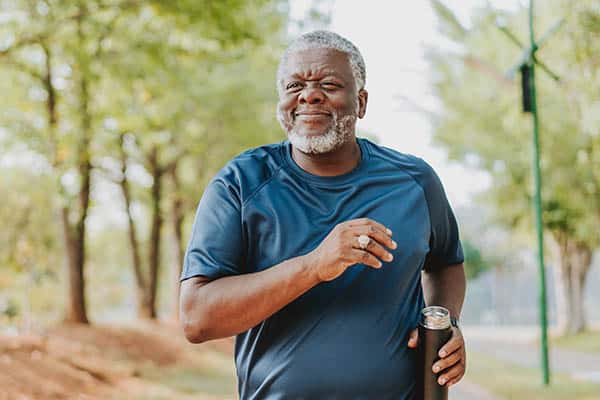
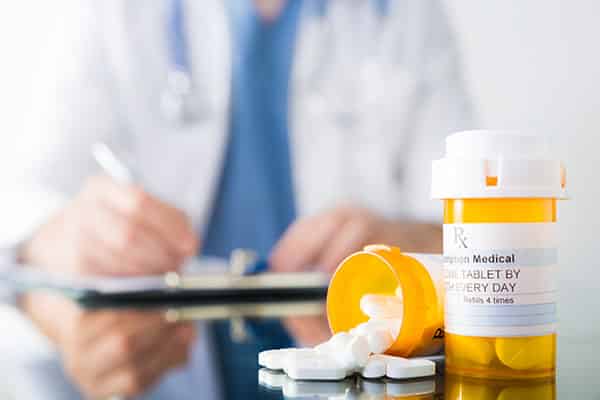




 Sometimes, men can be pretty bad at talking about stuff that matters. For example, did you know that 44% of men are worried about erectile dysfunction, but only two in five will seek professional help?
Sometimes, men can be pretty bad at talking about stuff that matters. For example, did you know that 44% of men are worried about erectile dysfunction, but only two in five will seek professional help?
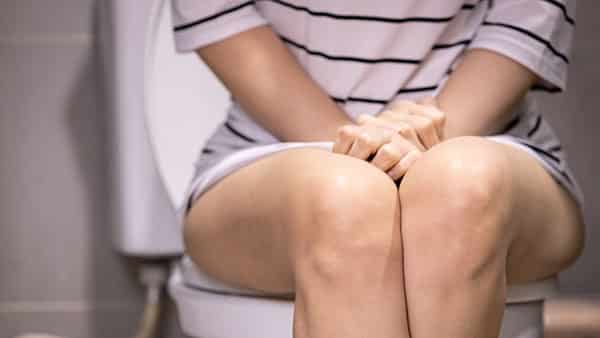

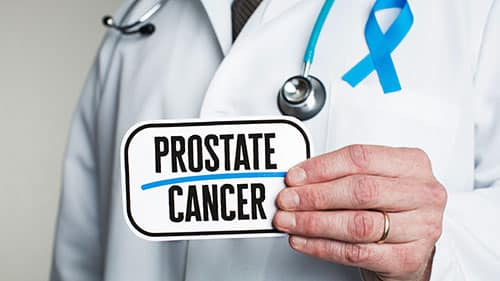
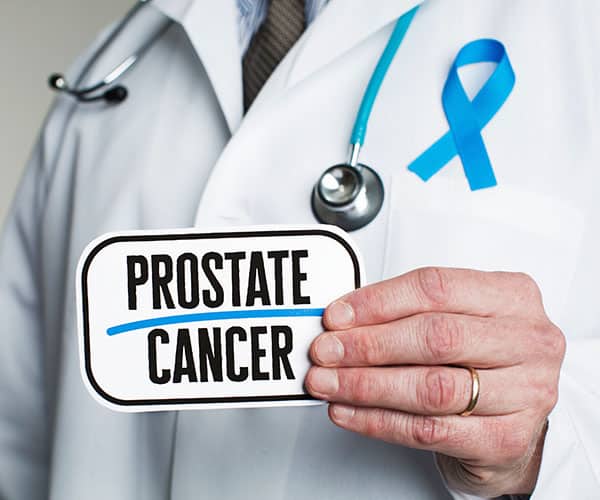
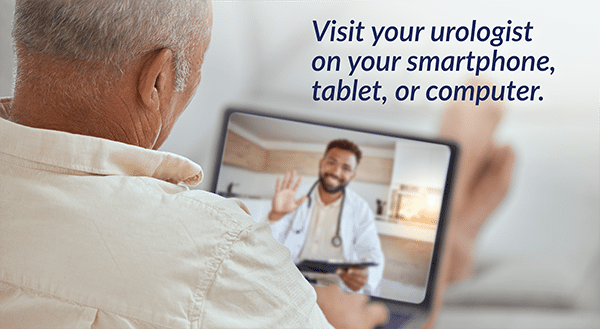 We are excited to announce that our
We are excited to announce that our 


